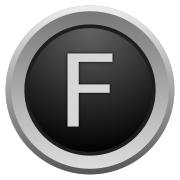RR Cooper (tries) to teach writing
A practical, no-fluff guide for new or returning writers. Learn how to build habits, avoid common mistakes, and start writing with confidence—short stories, prompts, tools, and real advice included.

I've written short stories, poetry (badly), podcast scripts, and screenplays.
I've taken my pain and struggles and distilled them into a tasty mélange. Which I’m about to spoon feed you.
Why? Because the knowledge is crammed in my head, and taking up space. Which I need for other stuff, like puppy pictures.
Finally, If I can save someone from going through the same nonsense I did, all the better.
How to Start Writing?
"Just start..." is a phrase as useless as a marzipan dildo. What worked best for me was to create a habit.
You're going to choose 1 to 3 days of the week, and set 30 minutes aside. During those 30 minutes, you're going to sit down and write—or rather try to write. Don't worry if things don't flow at first; this is normal. Just the act of putting arse to chair will force you to think about writing.
It doesn't matter if you write 200 or 2000 words during your writing sessions.
The key point is to sit down and do it.
What to Write?
Start off with short stories. Novels may be the darlings of the literary world, but they are rather daunting(~50,000 words) for beginners. Once you struggle with writing just 100 words, you’ll be marvelled at how people can churn out 50,000 of the blasted things.
Remember, writing covers a vast range of forms: short stories, flash fiction, poetry, screenplays, podcasts, comic books, and text adventures. Try different forms—even if you don’t stick with one, the experience is valuable.
Inspiration?
Inspiration is mostly nonsense. What truly inspires is finishing a draft, celebrating, and feeling proud of yourself.
That’s why I advocate short stories for beginners. That feeling of accomplishment helped me complete my first big project, a novella.
If you don’t know what to write, Google "writing prompts", use tools, or try subreddits.
- r/WritingPrompts
- r/SimplePrompts
- https://www.squibler.io/plot-generator
Technique?
Writing is a craft, and like any craft, there are tools. Voice (first, second, or third person), verb tense, sentence cadence, and dialogue formatting shape the message.
Technique Tip #1 – Consistent Voice
Stick to a single narrative voice within a section or chapter.
Bad
Stephanie walked down the stairs, and entered the kitchen. I picked up the kitchen knife, and started making my meal.
Unclear who is doing what.
Better
I heard Stephanie walk down the stairs. Shortly after, she entered the kitchen. I got up, picked up the kitchen knife, and started making my meal.
Clear and readable.
Technique Tip #2 – Consistent Tense
Avoid switching tenses mid-sentence without reason.
Bad
Stephanie walks to the cupboard and picks up a mug. She mumbled under her breath.
Better
Stephanie walked to the cupboard and picked up a mug. She mumbled under her breath.
Most novels are written in past tense. Use other tenses intentionally.
Technique Tip #3 – Dialogue and Run-ons
Avoid dumping too much information in one line of dialogue.
Bad
"What happened to your favourite mug? You always drink tea out of your favourite mug. You even threw an orange at me when I used it to heat some water," I said.
Better
"What happened to your favourite mug," I said.
She shrugged.
"You always drink tea out of it."
She shrugged deeper.
"You even threw an orange at me when I used it!" I protested.
Breaking up dialogue makes it more readable and gives characters room to breathe.
Revisions?
Revisions are important—but not while you're writing.
Just "vomit onto the page." Get the first draft out. Many new writers get stuck trying to perfect each sentence as they go. Don’t.
Unless you're engraving stone tablets, nothing is final. You can always revise later.
Tools?
A few tools to get you started:
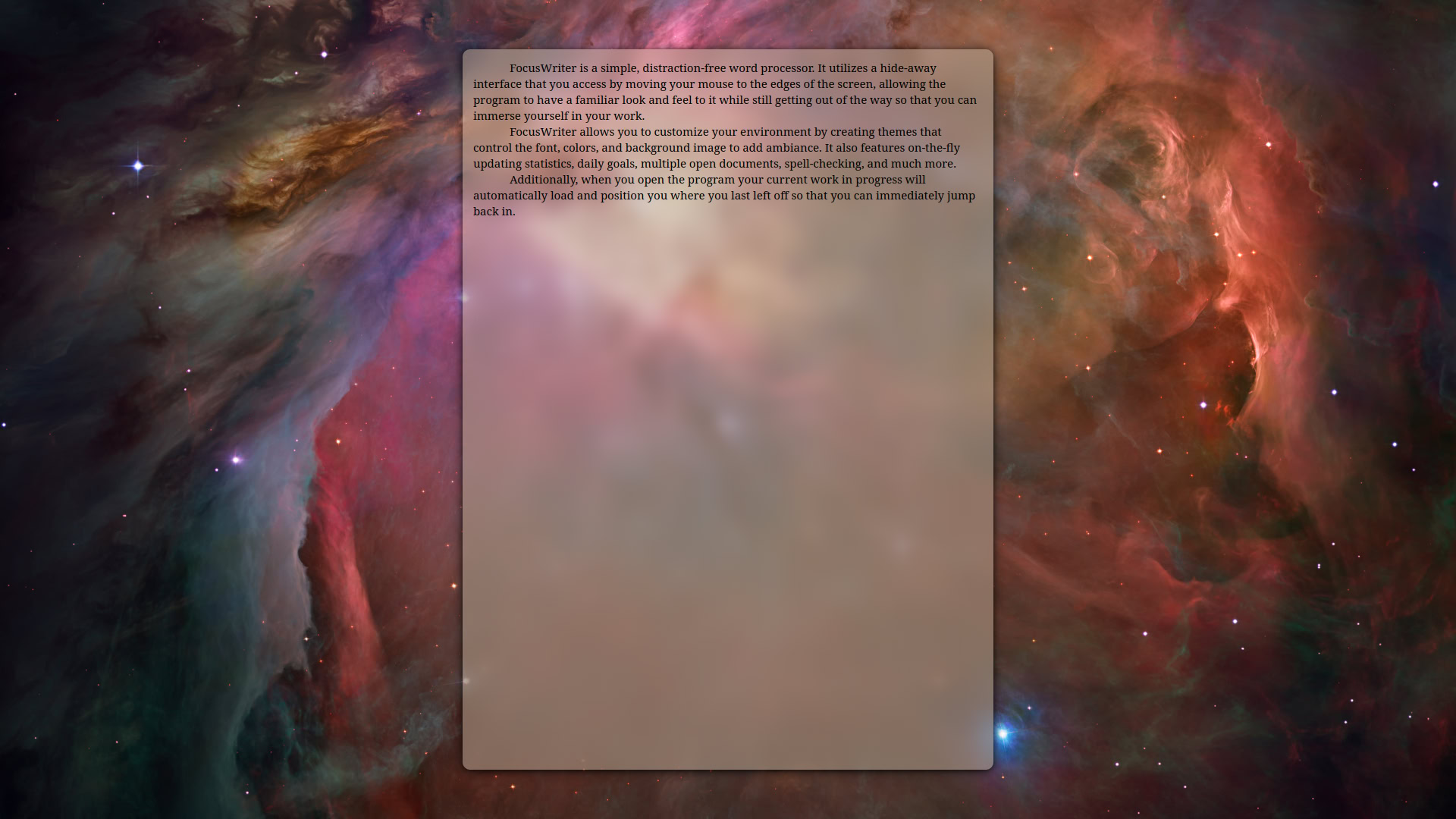
FocusWriter | A distraction-free writing tool
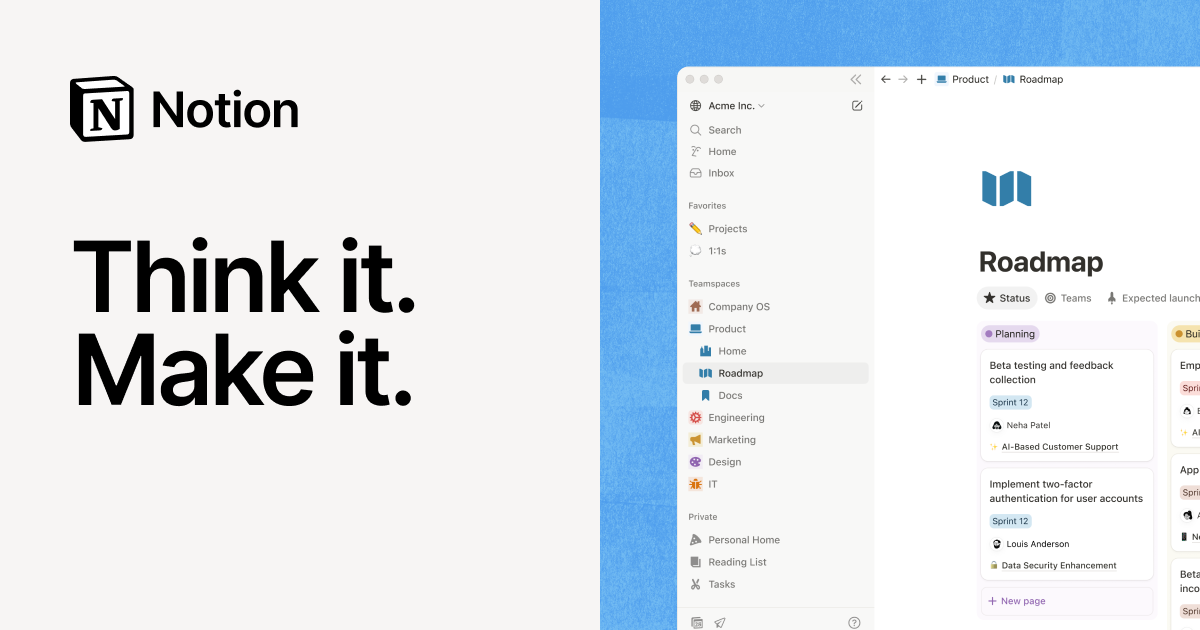
Notion | For notes, ideas, and outlines
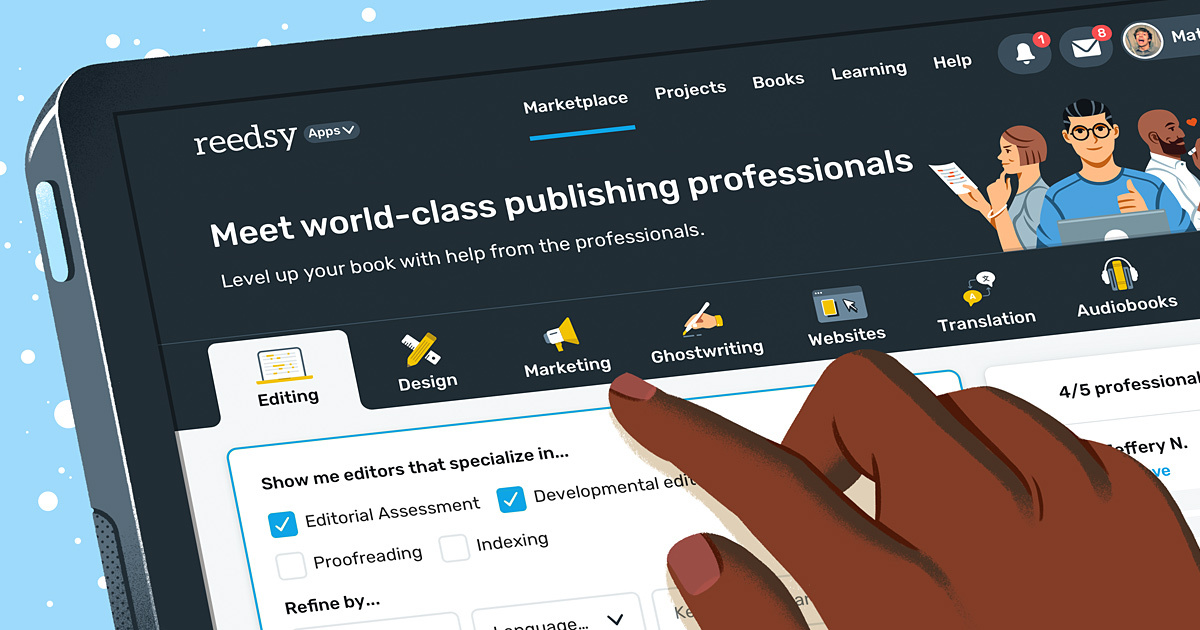
Reedsy | For finding editors
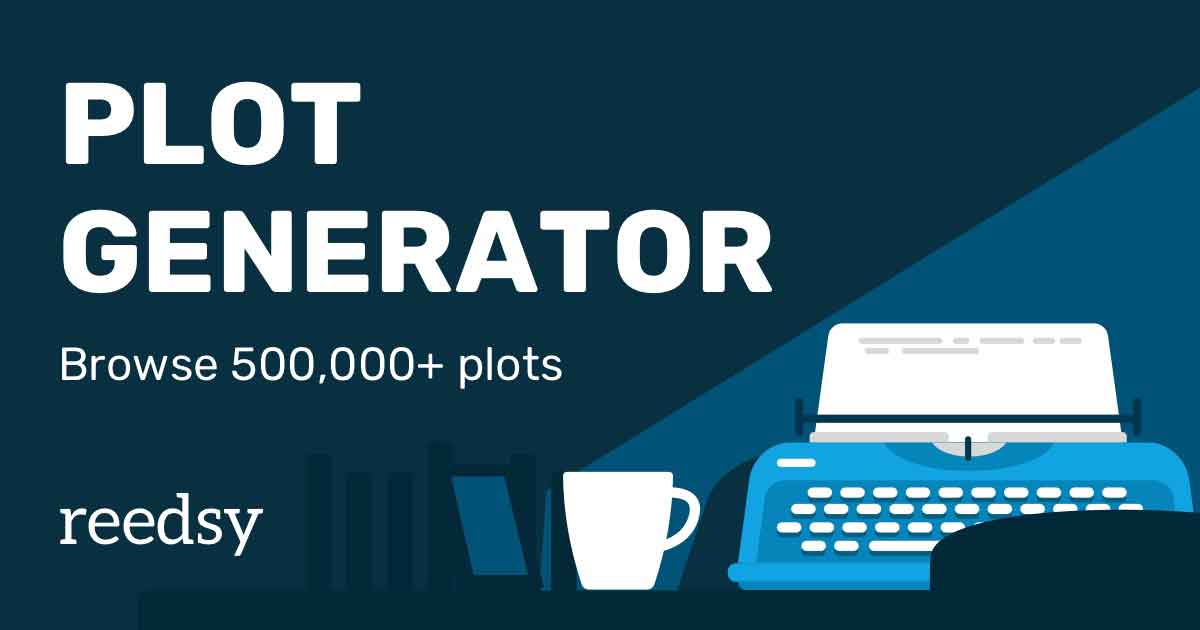
Reedsy Plot Generator
Next Steps?
Your homework:
- Go to https://www.squibler.io/plot-generator, or use one of the subreddits above.
- Write a 500-word short story.
- Let it sit for 3 days.
- In a bowl with a damp towel covering it.
- Under a full moon if possible.
- Revise it.
- For example; this article was written in around 3 sessions. A rough draft, revision, and polish.
- Once published, I've done a few minor revisions to formatting.
Then share it (or don’t), it’s your work.
Footnotes
This post is based on my personal experience. Your mileage may vary. Even if you’re my long-lost twin, your writing journey will be different.
